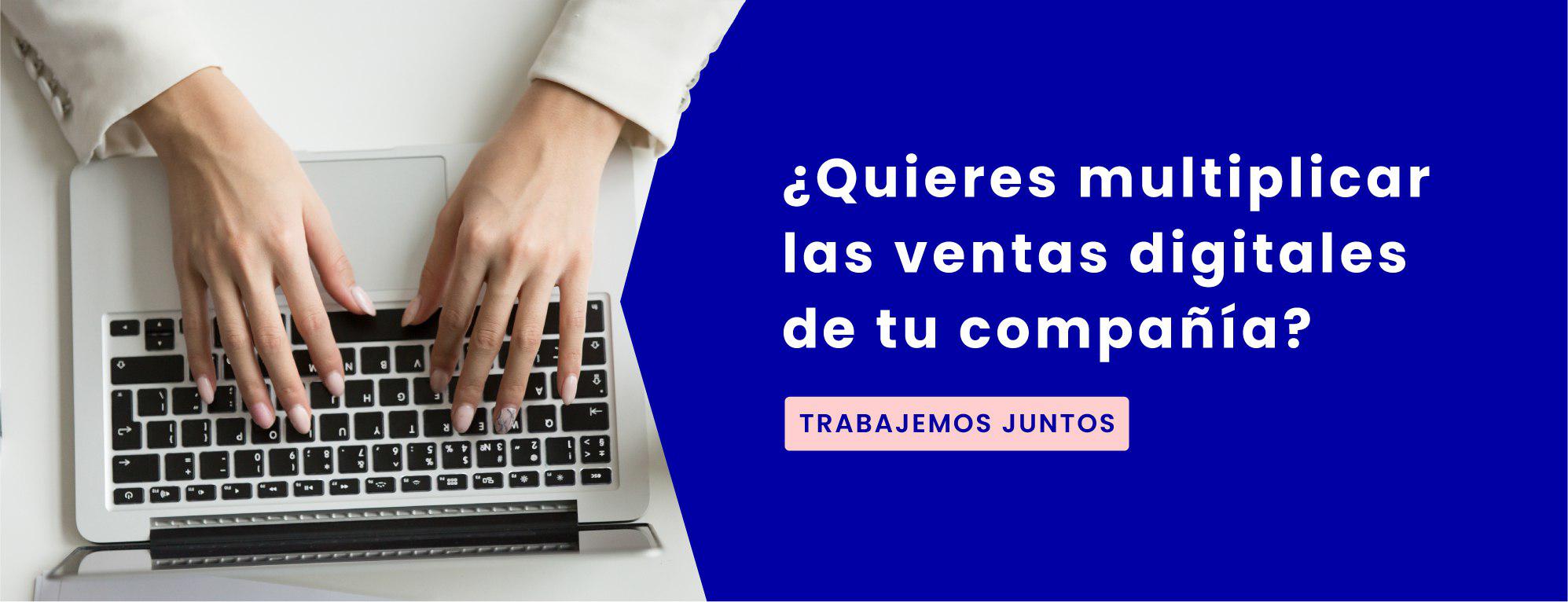Blog
how the new technologies affect the economic sectors and their wallets?
 Johan Bernal
Johan Bernal
Johan Bernal
Marketing SpecialistThe constant technological innovation has caused that solutions that are daily launched to the market leave the previous ones obsolete, in a vertiginous way. The process produces profound changes in the dynamics of the social and business sector, improving them considerably.
Current tools (such as Machine Learning) added to collaborative creation, have exponentially increased the pace of digital development, generating a constant evolution in all spheres of society, making the world increasingly globalized and changing.
According to studies, there are currently five innovation platforms that will radically transform the global economy in the coming decades; these are:
- DNA sequencing
- Robotics
- Energy storage
- Artificial intelligence (AI)
- Blockchain.
And we are not talking about the future, because from these technologies, the world has already been able to enjoy transcendental innovations such as gene therapy, 3D printing, cloud computing, data analysis, and well-known cryptocurrencies.
Due to this, experts mention that some of the economic sectors most exposed to technological disruption will be the energetic, industrial, health, and financial.
Below we will show you how technological implementation could affect these sectors, and in turn your wallet:
Energy:
From the energy sector, Artificial Intelligence (AI), the Internet of Things (IoT), Big Data analytics, and 5G technology will make a difference in utilities and business management.
Thanks to IoT and 5G, billions of objects will be connected, generating a huge amount of data. The use of data provided by generation, distribution, and consumption elements would improve the management of the electricity grid and energy savings.
For example, a project called BD4OPEM emerged in Europe was created to improve the operation and maintenance of electrical distribution networks. It was funded within the H2020 program by the European Union with 8,000,000 euros. This project will work on the platform development cloud-based on AI technology, which will provide solutions in the extraction and use of massive data. The platform will also be open to the participation of entities such as universities, startups, and other private and research organizations.
This solution will help reduce pollution and more effectively develop renewable energy. It will also generate economic growth and strengthen the European structure of sustainable innovation, generating technological employment.
To give a grounded vision of this topic: in Colombia, the Bogota-Cundinamarca electric energy cluster contributes 2.2% of the regional GDP, is made up of 14,700 companies, and generates around 53,500 direct jobs and 19,200 in related goods.
Another of the projects based on new technologies that focus on this sector is the only one that a group of researchers from the University of Jaen, Spain, has called 'Modelización de la Atmósfera y Radiación Solar' (MATRAS)'. In this from AI and its use in prediction, models are developed capable of forecasting solar radiation and are fundamental for the management of the electrical system to take advantage of the use of solar energy.
Industry:
Among the latest developments in the industrial sector, several of the technologies we have mentioned above appear, such as IoT, AI, 5G, and blockchain.
However, the difference in this sector in the future will be that if before we talked about an industry 4.0 (industrial digitalization), used these solutions to optimize different particular processes of people and companies; in the future, industry 5.0 will continue to work with them, but will focus on the well-being of people, putting them at the center of innovations.
From this point of view, it will be normal that most technifications will focus on making people's lives easier, through tailor-made creations that mean a real change for the user. Wearable devices and data-driven products that fit the needs, routines, and tastes of users will be very common in this era.
While it is true that the technological advancement implicit in the 5th industrial revolution will destroy jobs, some jobs will be restructured, also determining a new labor paradigm.
This industry 5.0 will drive the creation of Cobots (collaborative robots), which will be robotics-based systems that will manufacture future products. In addition, the quality of life and life expectancy of people will increase as mechanical, dangerous, and routine tasks will be delegated to AI.
Finally, this industry will be known for its respect for the environment, since it will create a large number of products based on renewable energy and from the use of waste (such as plastic from the sea), a fact that improves the lives of people, their health and their wallet.
Health:
Technology has a wide potential to transform this field due to the scientific advances being worked on, in addition to the new medical devices that have been created, the novel digital health platforms that now exist in the market, and the regulation, education, and improvements in vital processes catapulted in the use of big data or artificial intelligence.
In addition, this sector will be one of the most exposed to constant technological transformations due to the implications derived from the COVID-19 pandemic.
The development of covid-19 vaccines is one of these clear examples of accelerated medical innovation of those to come in the healthcare sector due to the drive of new technologies.
Finance behind COVID-19
The financial sector has become an example of disruption and innovation, especially in the case of banks, which under the context of the economic crisis and the application of zero interest rates in recent months, have limited their ability to finance individuals and companies.
However, banks have benefited from the increase in online consumption, which has encouraged the development of digital wallets and increased awareness of cybersecurity. In addition, there have been innovations such as the emergence of digital neobanks with lighter cost structures; the application of AI for the reduction of management costs and times; the development of automated investment services, or the emergence of cryptocurrencies that already dominate the world.
Takeaways:
The technological advances presented in recent months have simplified people's lives and helped them to live together in the new reality generated by the isolation due to the COVID-19 pandemic.
Through solutions that are now part of people's daily lives, millions of companies were able to cope with the crisis and today continue to strive to become stronger in this increasingly digital world.
Now that technology has shifted from focusing on business expansion to humans, the changes in humanity are likely to be quite profound in the years to come.
AI, 5G, IoT, or blockchain, any of these options that were once seen as futuristic, are now part of people's daily lives to make their lives easier.

Written by Johan Bernal
 Johan Bernal
Johan Bernal
Johan is a creative professional skilled in developing and executing effective marketing strategies. Their expertise in market analysis and campaign management drives brand awareness and customer engagement.
Scale your company with the same people
Practical ideas to do more and get back your time every week
We respect your inbox. Privacy policy
